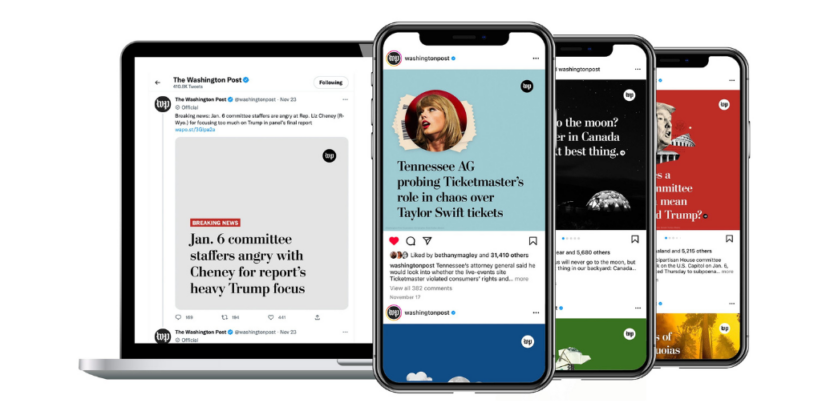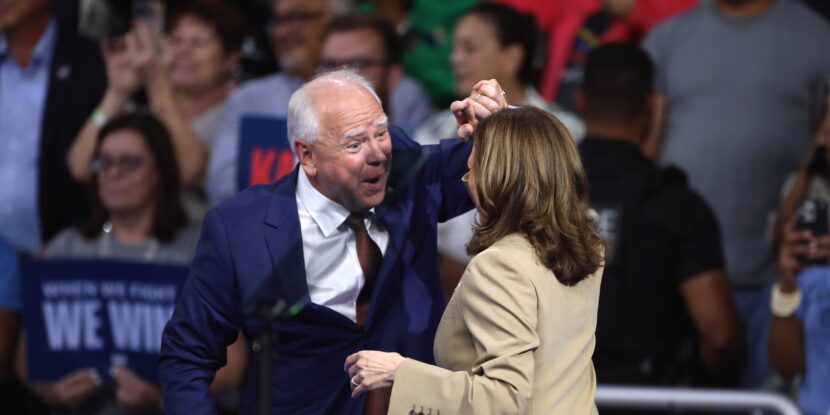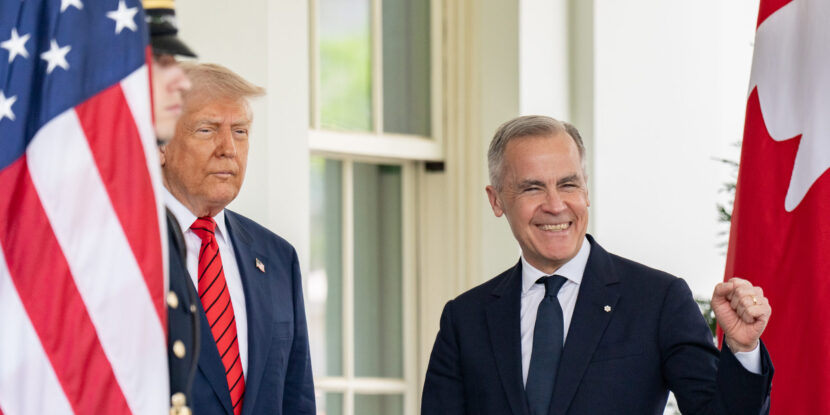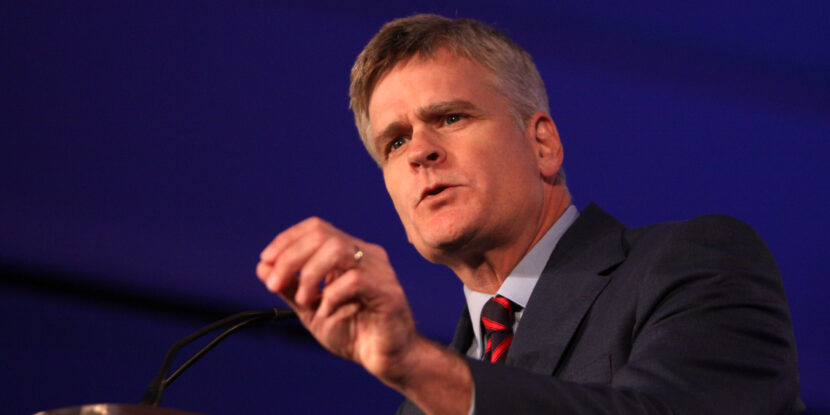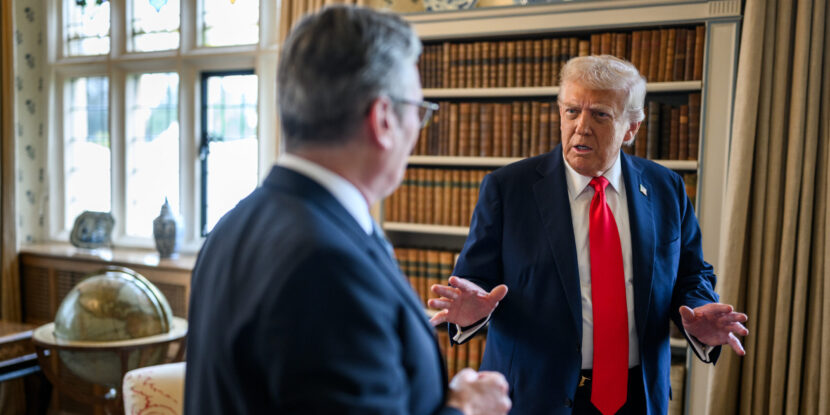Jeff Bezos’s Washington Post, which for years has mocked conservatives for alleging Big Tech biases against them, is now bemoaning what they claim is an effort by Elon Musk’s X (formerly Twitter) to limit web traffic to corporate media outlets. On Tuesday, WaPo claimed: “The site formerly known as Twitter has added a five-second delay when a user clicks on a shortened link to the New York Times, Facebook and other sites Musk commonly attacks”.
But one of article’s authors, Drew Harwell, has cheered on Twitter’s suppression of conservative voices, with WaPo routinely lampooning conservatives, including then-President Donald J. Trump, for raising the matter of Big Tech bias. The site published the following in 2019:
“Conservatives long have claimed that major social-media sites exhibit political bias, pointing to Silicon Valley’s liberal leanings and regular contributions to Democrats. Beyond that, however, experts have said there is no evidence that Facebook, Google and Twitter have deliberately sought to limit the reach of Republicans, a message that tech giants in attendance on Wednesday emphasized.”
There was, in fact, a mountain of evidence.
Another article boosted then-Twitter’s denial of “shadow-banning” – a practice most knew was used against conservatives, which briefly ended under Musk before his World Economic Forum-linked CEO Linda Yaccarino effectively reinstated it under a “freedom of speech, not freedom of reach” policy. Another WaPo piece gave cover to Twitter in 2019 for its inherent biases.
In fact, a cursory glance through the Washington Post‘s own site search function reveals dozens if not hundreds of articles cheering on the censorship of conservatives, or Trump himself, with one declaring: “Twitter’s Trump ban is even more important than you thought” and another which says Twitter actually went “easy” on Trump, despite banning the President.
On January 8th, 2021, WaPo columnist Graham Lampa declared: “Donald Trump’s Twitter account should belong to all of us,” making the case for some kind of public ownership of the property. Instead, it seems, it is the Washington Post that has been owned.
